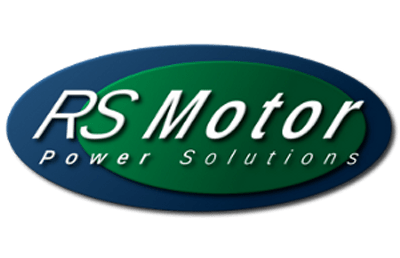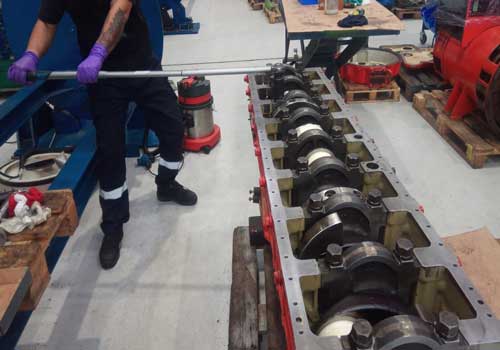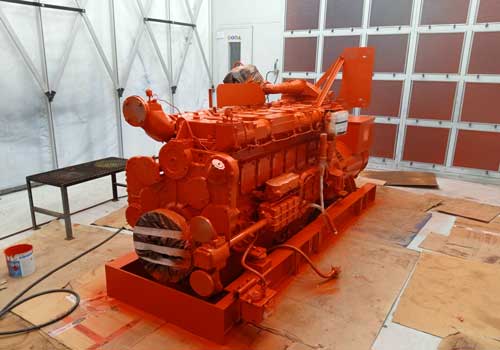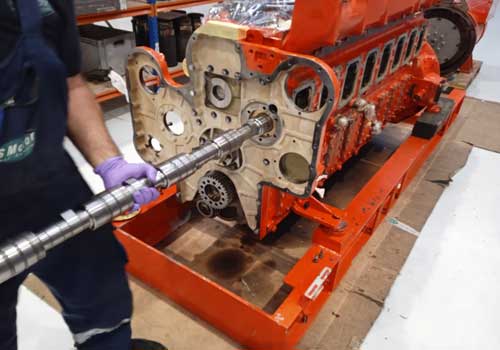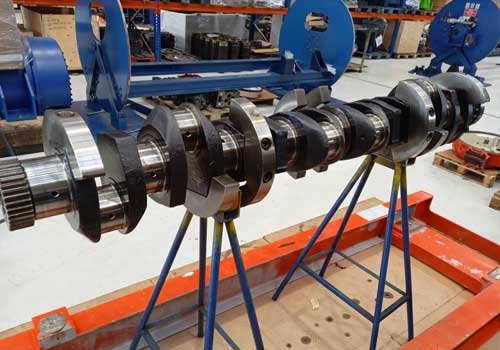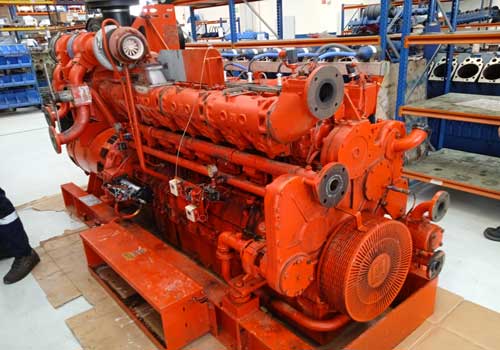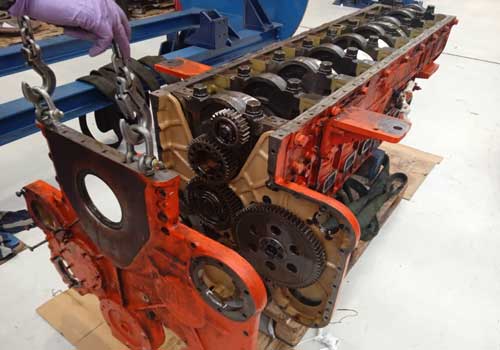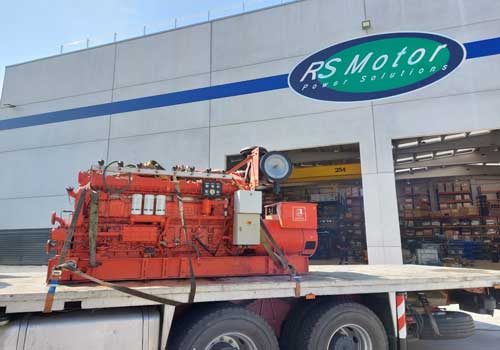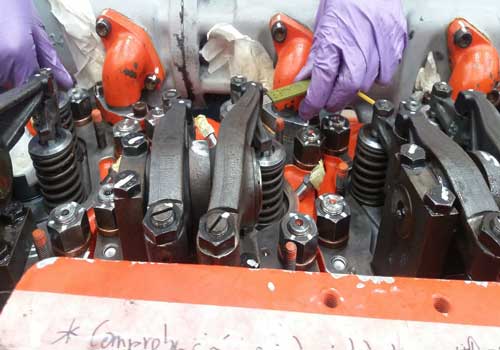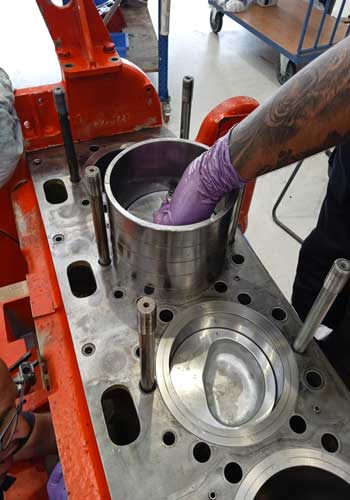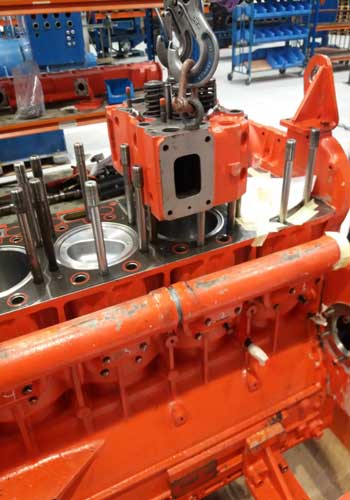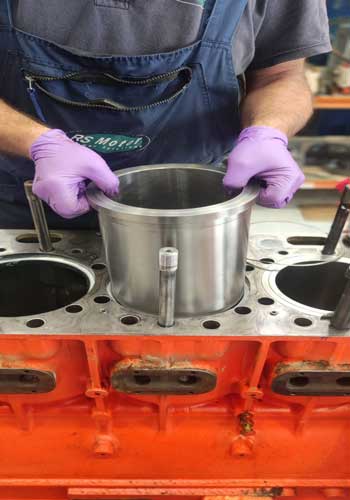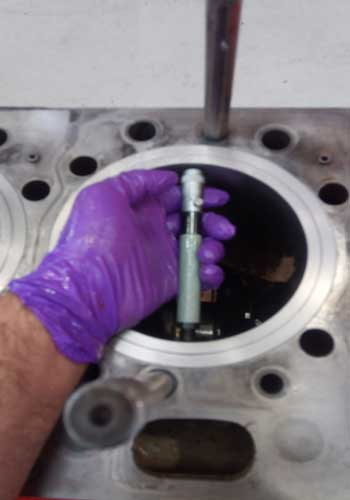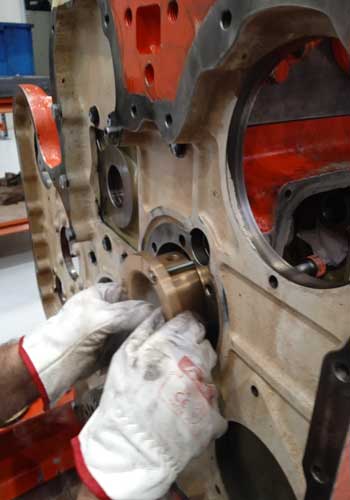RS Motor specialises in carrying out all the work involved in the repair and/or cogeneration engine maintenance service in industrial plants.
By definition, preventive maintenance is a type of intervention linked to the number of hours that the engine is running. This interval of hours is always set by the engine manufacturer, which is why it is the manufacturer that sets the frequency with which we must carry out preventive maintenance on the engine in order to try to avoid breakdowns. Within preventive maintenance, we can distinguish between minor preventive maintenance and major preventive maintenance, usually called Overhaul. The work to be carried out in each maintenance, as well as the hours, are always specified by the manufacturer in his maintenance plan.
There are various types of maintenance that can be carried out on industrial gas engines. Among them, RS Motor specialises in the following:
Preventive maintenance: This maintenance is carried out taking into account the engine’s operating hours. The interval of hours varies according to the engine manufacturer. They range from minor preventive maintenance to major preventive maintenance (usually called Overhaul). The work to be carried out in the preventive maintenance of engines is listed in the manufacturer’s maintenance plan.
Corrective maintenance: Type of work or maintenance that needs to be carried out as soon as possible after an unscheduled engine shutdown for various reasons (seizure, high temperatures, high pressures, electronic faults, etc.). The work carried out is adapted to the needs of the engine at that moment.
This week we are showing you the first of the many wide-ranging maintenance jobs that RS Motor plans to carry out this year. This time, it is an R3 maintenance (Overhaul – corresponding to 50,400 operating hours) on a Guascor FGLD 240 engine running on biogas.
This maintenance would be carried out at RS Motor’s facilities, where all the necessary work would be carried out in accordance with the equipment manufacturer’s maintenance plan.
The following is a summary of the main tasks carried out in the RS Motor workshop for this stage of maintenance:
- Disassembly of all engine components.
- Checking for the presence of cavitations or damage to the block.
- Cleaning and reconditioning of the intercooler.
- Reconditioning of cylinder heads.
- Replacement of actuator linkage ball joints.
- Replacement of main bearings.
- Replacement of pistons.
- Replacement of valve pushers (tappets).
- Replacement of liners.
- Revision of connections and wiring.
- Reconditioning of connecting rods.
- Replacement of connecting rod head bearings.
- Checking camshaft dimensions and tolerances.
- Camshaft bushing inspection.
- Standard reconditioning of turbocharger.
- Cleaning of battery connection terminals.
- Overhaul of starter motor.
- Replacement of main oil pump.
- Replacement of water pump.
- Checking the condition of the timing.
- Check of pre-lubrication pump.
- Standard alternator overhaul with bearing replacement.
- Complete engine assembly.
- Connecting, starting the engine and checking operation and parameters.
- Prior to starting, all auxiliaries are checked to verify the absence of anomalies.
- Checking vibrations and regular running.
- Check control devices, shutdown systems, control functions and indicator lights.
Once the E70 maintenance in the workshop has been completed, our technicians travel to the customer’s plant to introduce, connect and start up the engine.
During the start-up after the overhaul, one of the most important things is to make sure that all engine parameters are within their nominal values.
Now that you have seen another example of RS Motor’s technical capability during overhaul, do not hesitate to ask our team for a quotation for the supply of any type of CHP engine work or spare parts for Guascor engines , (genuine and/or OEM).
For more information, please write to rsmotor@rsmotor.es or social@rsmotor.es
